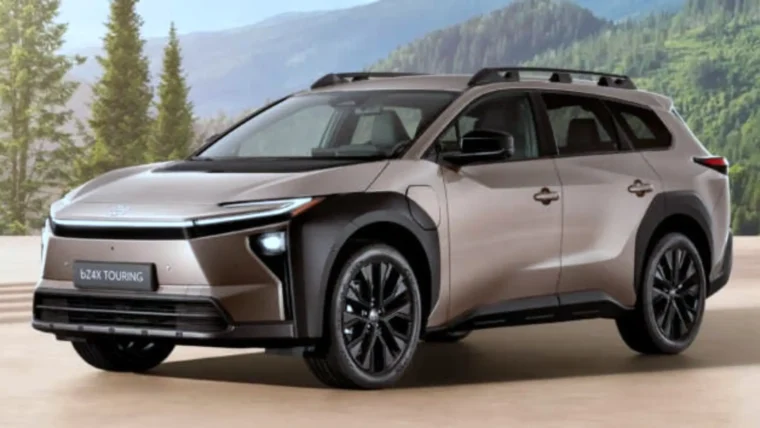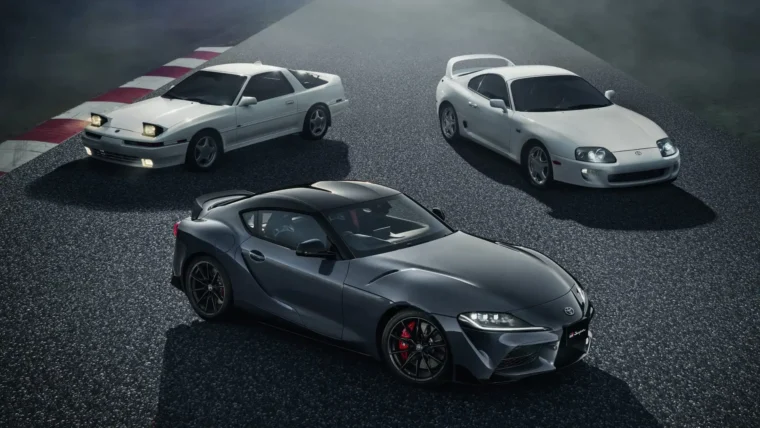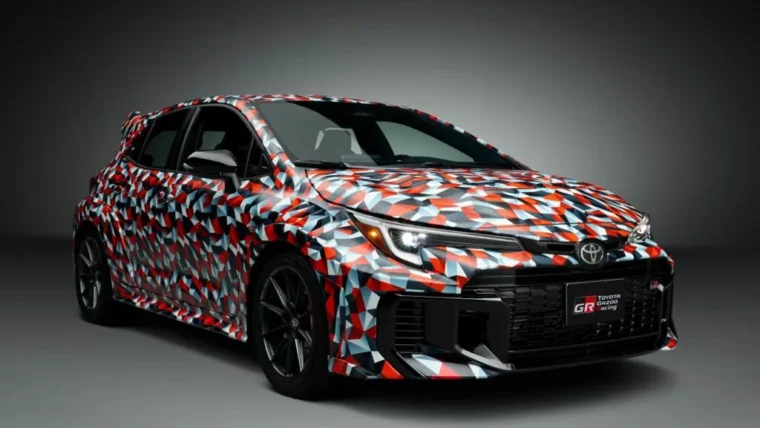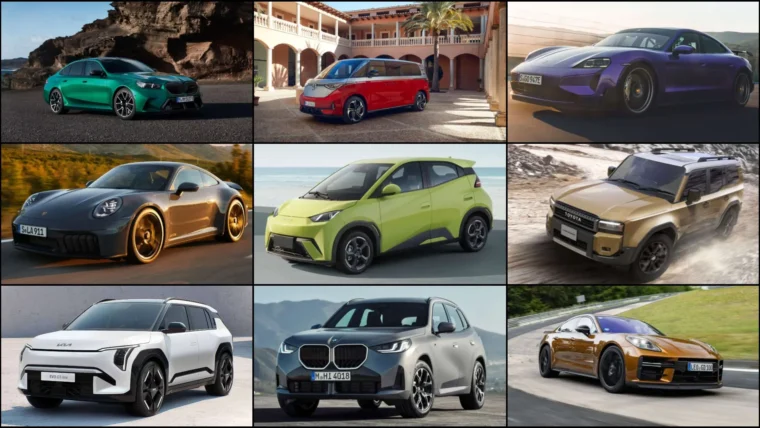
The Toyota Eco Youth Challenge celebrates its 15th anniversary this year with a new theme called ‘Solid Waste Management’. Starting off as an eco competition between schools, the annual programme has grown in leaps and bounds, impacting secondary schools and teachers as well as countless communities where participating schools are located.
“It is no secret that environment sustainability is second nature to Toyota,” says Datuk Ismet Suki, President of UMW Toyota Motor, during the opening ceremony of the Toyota Eco Youth programme held at Concorde Hotel Shah Alam recently.
He adds that on a global basis, the car manufacturer has established the Toyota Environmental Challenge 2050, which identified 6 key environmental issues to be tackled in the next 3 decades such as CO2 reduction, water optimisation and establishing societies that practice recycling and an earth-friendly culture.
Closer to home, UMW Toyota Motor (UMWT) implements environmental best practices at their head office, showrooms and service centers. Various environmental activities are also conducted with their staff every year, such as environmental awareness talks, tree planting, recycling and others. These efforts underline UMWT’s strong commitment to environmental consciousness and grow a future generation that adopts sustainable practices in all aspects of life.
As the saying goes, “We don’t inherit the Earth from our ancestors, we borrow it from our children”, Datuk Ismet urges this year’s Toyota Eco Youth participants to produce real impact.

En. Mahamad Amran Kamsi, Chief Asst Director, Ministry of Education, concurs, adding that Solid Waste Management is a long-standing problem that is growing worse by the day as the country and world’s population increase.
“The main problem with solid waste is that they are not biodegradeable,” says MahamadAmran. “A plastic bottle takes 500 years to break down, a plastic bag 10-20 years, a milk carton 5 years, a tin can 50 years, a glass bottle 1 million years.”
That means plastics and glass items will still be around long after we are gone, he laments. “This means it is not only a problem to the planet now, but for the next 10, 100, 1000, up to a million years.”
He lauds UMW Toyota Motor for the Toyota Eco Youth programme, as it allows students to develop both technical and soft skills. As education is a lifelong process, it goes beyond the four walls of a classroom or school. It takes more than textbooks to develop intelligence and higher thinking skills, asserts MahamadAmran.
In the past, participating schools were selected by the Ministry of Education, typically one from each state for a fair representation across the country. Bringing the challenge one notch higher, schools who would like to participate in the Toyota Eco Youth programme this year had to submit a project proposal to the organizing committee.
This new arrangement is expected to bring even better results in terms of project outcome, promotions and exposure, as schools who had submitted proposals had already shown their competitive spirit from the onset.
To date, 209 schools have participated in the Toyota Eco Youth Challenge. UMW Toyota Motor had spent over RM6 million for the programme since its inception in 2001, considering it a worthy investment in human capital and the planet we live in.
En Mahamad Amran concludes that consumerism attitudes must change. Although the best solution is still the 3R- with emphasis on Reduce, then Reuse and Recycle, the recycling rate in Malaysia is still dismal at 2%. He assert, “We cannot afford to wait until the world turns into a planet of garbage”.
Other posts by AF Newsdesk







